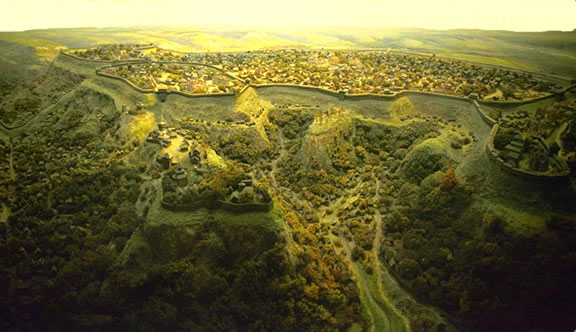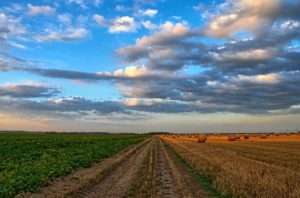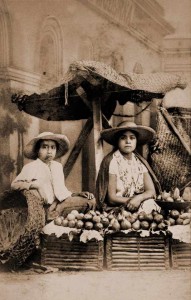Succession
Toward Harmonious and Stable Co-Existence
by V.I. Postnikov
Loitering the central streets of my native town, Kiev, where I had lived for 63 years, I involuntarily examine the passers-by. Gosh, how changed the appearance of citizens! I notice some subspecies that I never met before — such as a subspecies of managers — short- haired young people in white shirts, a subspecies of guards — stern-looking lads with bull’s napes, a subspecies of builders — lads from other towns. The old age people are rarely seen on the streets. I peer at the faces, hoping to recognize familiar ones. But no, no way, they are all long gone. The species, the environment have changed irrevocably. Sad, but true.
haired young people in white shirts, a subspecies of guards — stern-looking lads with bull’s napes, a subspecies of builders — lads from other towns. The old age people are rarely seen on the streets. I peer at the faces, hoping to recognize familiar ones. But no, no way, they are all long gone. The species, the environment have changed irrevocably. Sad, but true.
In ecology, there is the concept of “succession,” an important term which explains serial mutability of a species and its habitat. William R. Catton, Jr., in his classic book Overshoot, shows how this principle works in the human environment [1]. To understand the succession in human society, it is useful to first consider nature’s succession. (more…)
 There must have been at least forty federal bureaucrats around a huge wooden table in a large conference room. I asked them how many peasants they or the United Nations had invited to address the 1979 Agrarian Reform and Rural Development Conference in Rome. After all, who knows more about the pain of the peasants than peasants themselves?
There must have been at least forty federal bureaucrats around a huge wooden table in a large conference room. I asked them how many peasants they or the United Nations had invited to address the 1979 Agrarian Reform and Rural Development Conference in Rome. After all, who knows more about the pain of the peasants than peasants themselves? states. In ancient Greece, small farmers invented democracy and the polis. They also defended the state. Xenophon, an Athenian general, a student of Socrates, and philosopher of late fifth century BCE, praised agriculture as the mother of all the arts and sciences and civilization.(1)
states. In ancient Greece, small farmers invented democracy and the polis. They also defended the state. Xenophon, an Athenian general, a student of Socrates, and philosopher of late fifth century BCE, praised agriculture as the mother of all the arts and sciences and civilization.(1) out of the land uncounted number of peasants, American large farmers have been using the power of the state to bring about a civilization shift in rural America.
out of the land uncounted number of peasants, American large farmers have been using the power of the state to bring about a civilization shift in rural America.

